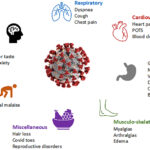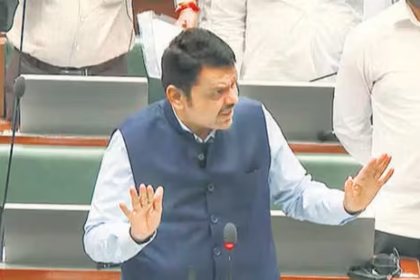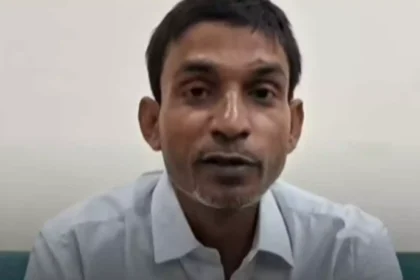Bangladesh PM Sheikh Hasina Sentenced to 6 Months Jail by International Crimes Tribunal – Political Fallout Begins
The sentence marks the first time that the ousted Awami League leader has been sentenced in any case since she fled the country around a year ago
Former Bangladesh prime minister Sheikh Hasina was sentenced to six months in prison in a contempt of court case by the International Crimes Tribunal (ICT) on Wednesday.
The verdict was issued by a three-member bench of the International Crimes Tribunal-1, headed by Justice Md Golam Mortuza Mozumder, The Dhaka Tribune reported.
The report added that the tribunal also sentenced Shakil Akand Bulbul of Gobindaganj in Gaibandha to two months in prison in the same case.
The sentence marks the first time that the ousted Awami League leader has been sentenced in any case since she fled the country around a year ago.
In June this year, the prosecutors at the International Crimes Tribunal formally charged Hasina of crimes against humanity during the mass protest last year. Mohammad Tajul Islam, the chief prosecutor at ICT alleged that Hasina orchestrated a “systemic attack” on protests against her government.
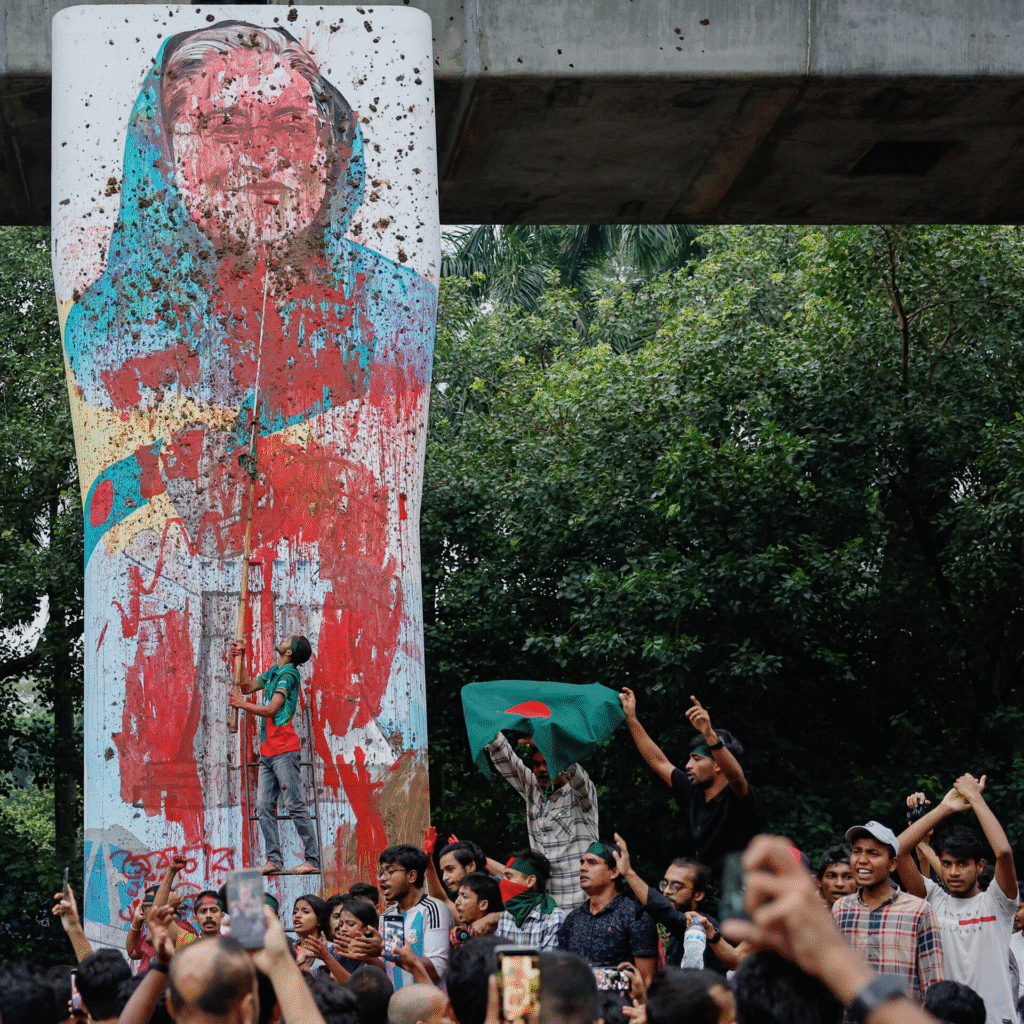
According to a UN rights office report, around 1,400 were killed between July 15 and August 15, 2024, as retaliatory violence continued even after the fall of the past regime.
Hasina, however, has denied all charges, telling journalists that he would present “arguments to seek her discharge from these allegations,” according to fefence lawyer Amir Hossain.
Hasina arrived in India in August 2024 after the dramatic collapse of the Awami League government following nationwide protests. She is currently living in a safe house in New Delhi.
It seems there are no credible reports confirming that Bangladesh’s Prime Minister Sheikh Hasina has been sentenced to jail by an International Crimes Tribunal. This appears to be misinformation.
No official tribunal (such as the UN or international war crimes tribunals) has announced any jail sentence against Sheikh Hasina.
Recent news involving Sheikh Hasina predominantly centers around Bangladesh’s domestic politics, elections, and economic policies—none mention legal convictions or jail time imposed by any recognized international court.
Bangladesh’s International Crimes Tribunal is a national body that prosecuted individuals involved in war crimes during the 1971 liberation war; it has no authority to try or sentence the sitting Prime Minister.
Following a massive student-led uprising in mid-2024, Bangladesh’s Interim Government (led by Nobel laureate Muhammad Yunus) set up legal mechanisms, including the International Crimes Tribunal (ICT), to investigate alleged abuses carried out under Sheikh Hasina’s previous rule. In a decisive move:
- The ICT issued an arrest warrant for Hasina and 45 others in October 2024, accusing them of crimes against humanity and mass killings during the uprising
She has been formally charged with five counts of crimes against humanity related to the violent suppression of the protests, which reportedly claimed between 1,000–1,400 lives .
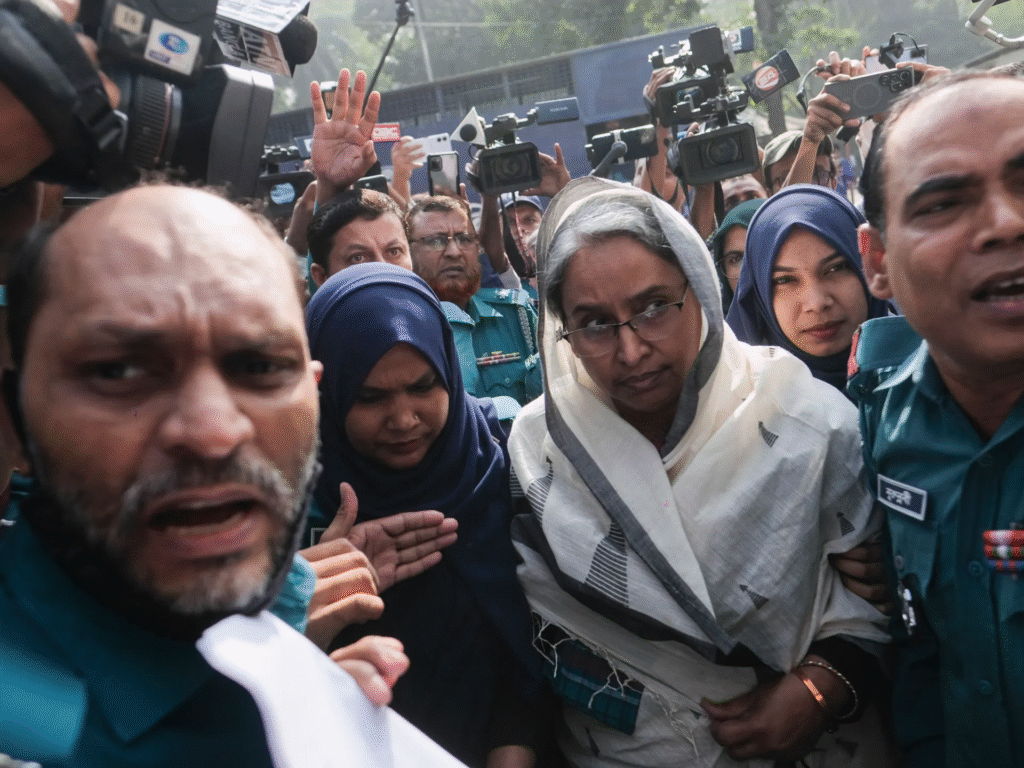
The court has ordered her to appear in court by November 18, 2024, but Hasina remains in exile in India, defying extradition
The prosecution in the ICT trial, which began in absentia (without her presence), alleges that during the July–August 2024 crackdown:
- Sheikh Hasina ordered national security forces and affiliated groups to suppress the uprising, described as a “coordinated, widespread and systematic attack”
Prosecutors have listed charges ranging from abetment, incitement, conspiracy, facilitation, to failure to prevent mass murder
Estimates by the United Nations and Human Rights Watch suggest the crackdown resulted in nearly 1,400 civilian deaths
The International Crimes Tribunal was originally formed in 2010 to try alleged war criminals from the 1971 Liberation War. In 2024, the interim government reconstituted it to handle cases from the uprising
The tribunal now handles charges related to war crimes, genocide, and crimes against humanity—but critics raise concerns about trial fairness, especially in cases tried in absentia
Chief Prosecutor Mohammad Tajul Islam presented a range of evidence including video footage, phone records, drone logs, and eyewitness testimonies
The tribunal confirmed five charges against Hasina, also naming two high-profile officials—former Home Minister Asaduzzaman Khan Kamal and former Police Chief Chowdhury Abdullah Al-Mamun—as co-accused
Media coverage indicates the tribunal is exploring whether state forces and allied groups were used as instruments of mass oppression .
Human Rights Watch and the UN have raised concerns about the legitimacy of trials, citing issues like lack of fair trial standards, witness intimidation, and potential political misuse .
India and other countries are watching closely. Bangladesh has requested her extradition, but no decision has followed yet. India may assess whether charges are politically motivated before committing to action
There is no six‑month jail sentence yet—Sheikh Hasina is still under trial, not convicted. Any sentencing would follow after a verdict.
Her exile in India complicates matters. As of now, there is no extradition finalized, and the trial continues without her presence.
Intermediate steps include submission of further evidence, defense pleadings, and hearing sessions. A verdict could be months away.
Conviction could bar Hasina from politics, derail the Awami League, and tilt the balance in upcoming 2026 elections
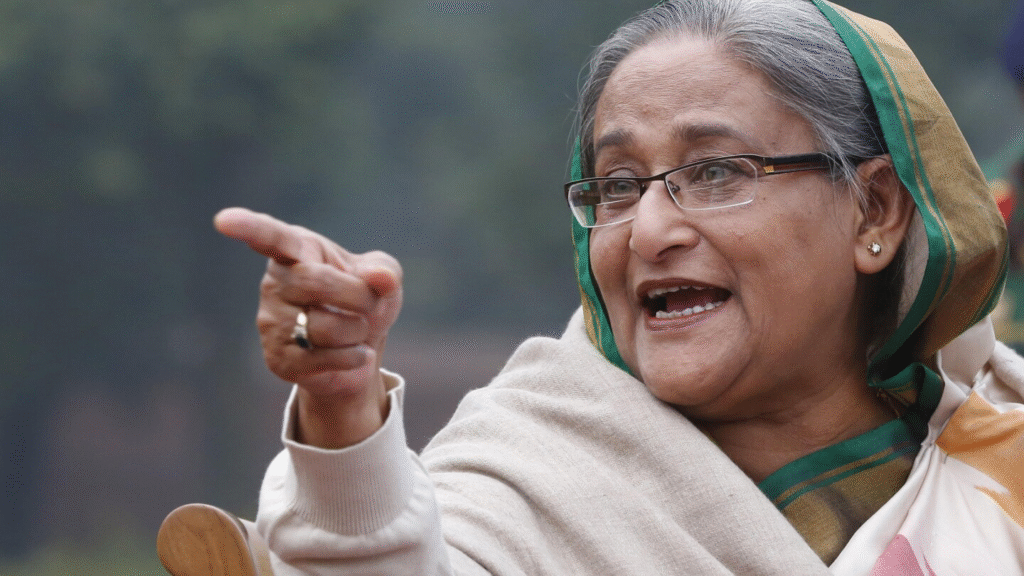
Many analysts see this as part of a broader power transition following a 15‑year rule, and interim governance focused on justice and reform
Rights bodies urge for fair proceedings, international monitoring, and due process, especially in absentia trials .
The India–Bangladesh relationship may face strain. Extradition request tests legal agreements and mutual trust
India’s decisions could signal its stance on political asylum and its role in South Asian diplomacy.



